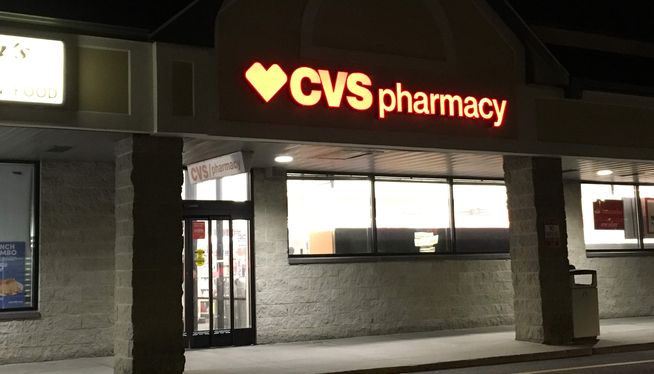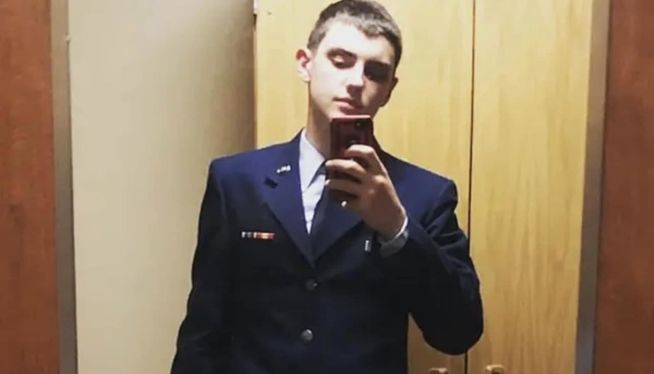
By Steve Klamkin WPRO News
Police in Cranston are responding to increasing calls involving mental health issues with a dedicated team of officers to respond to calls along with clinical experts.
Eight officers have already been trained to form a Crisis Intervention Team, and eight more will join the team by the end of April. They work with clinicians from Gateway Mental Health and Cranston’s Comprehensive Community Action Program, with specialized training in “de-escalation techniques for crisis situations, strategies to address mental health in the community, and how to better support mental health for first responders,” according to the police department.
“Some cities are experimenting with programs where calls are diverted away from police departments. We chose not to go that route,” said Cranston Police Chief Michael Winquist.
“We feel we have a great relationship with the community that we serve. We believe that we can leverage those partnerships and the trust we have in the community to have better outcomes,” Colonel Winquist said Wednesday during a news conference in the police station.
In two months since beginning the program in early February, he said police have responded with the CIT unit to about 100 cases, which were later referred for follow-up to the mental health experts.
Elizabeth James, Program Manager at Gateway, which is affiliated with Lifespan, said the clinicians use a number of measures to gauge their success.
“So we look at how many people complete a suicide… are they calling out… are they reaching before they get to that point? Are they ending up in prison because of their mental health? Are they getting arrested? Are we helping before then? Are they homeless? Are they not getting their needs met? That’s where we connect with other agencies, so to try to get the person to a better spot before they go over the edge,” James said.
Uniformed officers assigned to the unit spend three days working on the Crisis Intervention Team, during which they dress in what are called “soft uniforms” with golf shirts and khaki pants. It can make a big difference, says Officer Joe Afonso, an 11-year police officer, a Marine Corps veteran who was among the first officers to volunteer to work with the unit, often responding in unmarked cars to calls involving troubled individuals.
“Sometimes they want to just sit in the car with you, we just drive them there, and it’s a lot better than going to the hospital with full … lights and sirens. It just makes the person feel more comfortable getting help, instead of putting on a big show,” Afonso said.
Chief Winquist said the program was begun in 2020 with about $40,000 in CARES Act funding, part of the coronavirus aid the city received from the federal government. In part, it pays overtime for the officers in the unit. He is hoping for additional funding in the coming months to be able to expand the unit.












